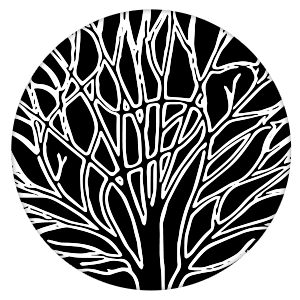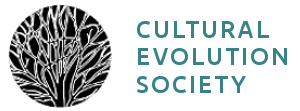Online Learning: Cultural Evolution
Related Webinars. DySoC and NIMBioS are happy to announce an exciting series of open webinars on cultural evolution. Speakers include lead designers of the five online learning modules described below. Read more »
These online modules present many basic and applied issues in cultural evolution and introduce students to methods of dynamical systems theory as applied to the evolution of human systems. Without the aid of mathematical models, human intuitions about dynamic systems of any complexity can be quite faulty. The materials have been developed with self-guided study in mind. Through a variety of online learning methods, students will be able to independently work through the material to gain both a theoretical understanding of the method and practical experience doing it. The modules could serve as a basis for intensive short courses, seminars, or as components of a regular quarter or semester course. It is our hope that the concepts and techniques covered in these modules will facilitate interdisciplinary conversations and collaborations.
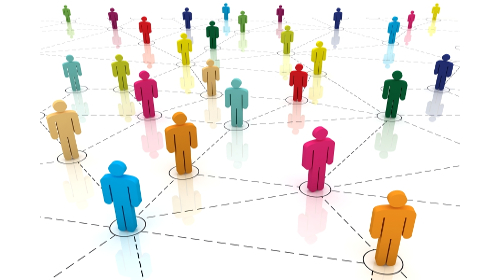
Models of Social Dynamics: An Introductory Module
This module takes an interdisciplinary approach to modeling social behavior, drawing on insights from across the social sciences and evolutionary ecology. It focuses on constructing and analyzing simulations using the NetLogo programming language.
![]() Related webinar
Related webinar
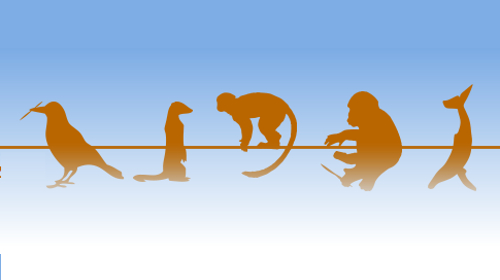
Animal Cultures: Core Discoveries and New Horizons
This module offers an overview of core discoveries and new developments in the study of animal cultures. The significance of animal culture for evolutionary biology and ecology, understanding human cultural evolution, and conservation are highlighted.
![]() Related webinar
Related webinar

The Neverending Story: Cultural Evolution and Narratives
This module explores the universal and uniquely human behavior of narrative and how cultural evolution theory has provided vital insights into the transmission and evolution of narratives and why some become culturally successful.
![]() Related webinar
Related webinar
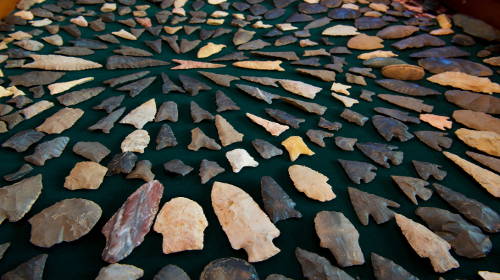
Foundations of Cultural Evolution
An introductory guide to the body of formal theory in the study of the cultural evolution in humans and other animals, this module guides participants through the basic machinery of dynamic models and key results from a variety of cultural evolution topics.
![]() Related webinar
Related webinar
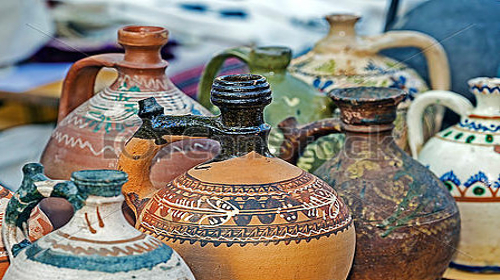
Modeling the Dynamics of Cultural Diversification
This module trains researchers in a model-based Bayesian framework that allows them to estimate rates of cultural change, distinguish stochastic fluctuations from actual rate changes, and identify when major events, trends, or evolutionary mechanisms shaped the history of a cultural population.
![]() Related webinar
Related webinar

Dynamic Models of Human Systems
This primarily non-mathematical introduction to dynamic models of human ecosystems describes Lotka-Volterra models of early hunter-gatherers, farming communities, agrarian civilizations, and runaway technical civilizations. Related models of socio-political dynamics, economic growth, and epidemiology are also presented.
These online teaching modules are sponsored by the Cultural Evolution Society and the Center for the Dynamics of Social Complexity through the generous support of the John Templeton Foundation.
This project was supported by Grant #61105 from the John Templeton Foundation to the University of Tennessee, Knoxville (PIs: S. Gavrilets and P. J. Richerson) with assistance from the Center for the Dynamics of Social Complexity and the National Institute for Mathematical and Biological Synthesis at the University of Tennessee, Knoxville.

The Cultural Evolution Society's Online Learning Tutorial Series is licensed under a Creative Commons Attribution-NonCommercial-ShareAlike 4.0 International License. For designers' contact information, click here.
